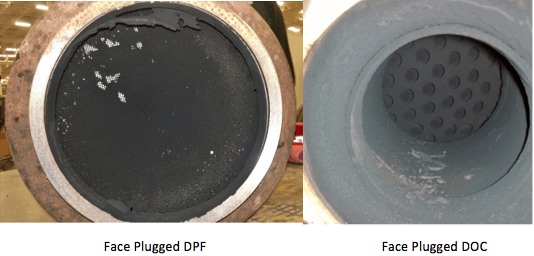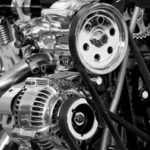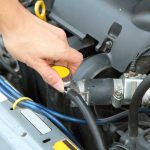In recent reviews of diesel engine parts demand, it was surprising to learn from at least one company, AKMI Corporation, that there has been a high demand for oil pans on certain diesel models. What could cause such demand? Consider the possibility that the aftertreatment system is involved.
A check of recent technical service bulletins revealed that there is, indeed, a relationship among diesel aftertreatment malfunctions and engine oil condition. Not surprisingly, there is also a direct relationship between combustion malfunctions and engine oil quality. The following are some examples.
“If exhaust backpressure exceeds specifications, it is an indication that the DOC (Diesel Oxidation Catalyst) is face plugged. If a malfunction caused coolant to enter the exhaust system, it might become necessary to replace the DPF (Diesel Particulate Filter)”. In other words, the malfunctions in the aftertreatment system could cause exhaust backpressures to exceed the high limit. That, of course, leads to excessive combustion particulate matter (PM) to be forced past the piston rings and into the engine oil. Here are some photos that illustrate the aftertreatment component malfunctions.

Other bulletins refer to problems in the combustion chamber. One cites “carbon packing on the piston top land”. Another indicates a problem with “vertical liner lobing”. Both lead to excessive oil consumption. We can assume that they also lead to compromised combustion and higher soot levels, which would find their way into the oil pan.
So what do the above problems have to do with oil pan replacements. Simply put, the pan replacements could be due to alert service personnel going further than just changing contaminated oil. It is likely that they are pulling the oil pan as well and finding massive sludge deposits, such as shown in the upper photograph. That leads them to replace the pan and gaskets. It’s the sure way to deliver clean oil to the engine, without it being contaminated further from continuous suction of sludge by the oil pump and overloading of the oil filter.
The extended effects of the sludge contamination include turbocharger bearing failure and excessive cylinder wear. Where engine oil is compromised, many aspects of engine durability and performance will suffer.




